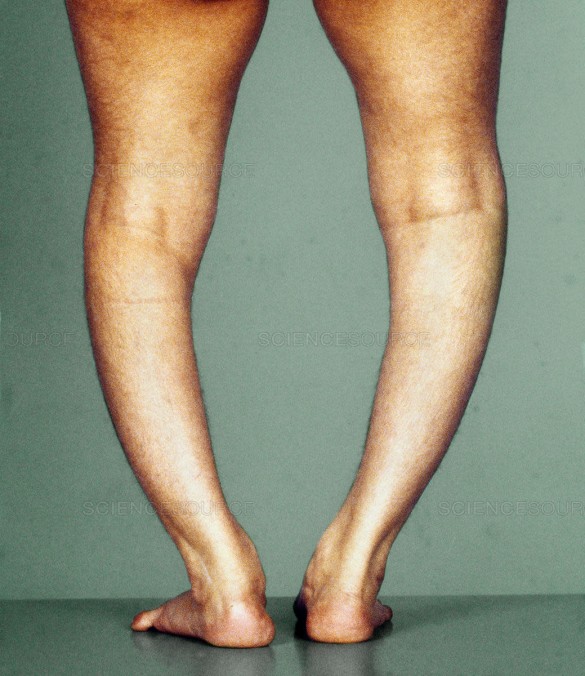
Vitamin D deficiency is a growing concern among children, and it can have serious consequences on their health. One of the most severe outcomes of a lack of vitamin D is the development of Rickets, a condition that weakens the bones and can lead to various complications. In this article, we will explore the importance of vitamin D, its role in preventing Rickets, and five foods that can help alleviate this deficiency.
Vitamin D, often referred to as the "sunshine vitamin," is a vital nutrient for the body. It plays a crucial role in maintaining strong and healthy bones by aiding in the absorption of calcium. When the body lacks sufficient vitamin D, it can't absorb calcium efficiently, leading to weak and brittle bones, a condition known as Rickets.
There are several factors that contribute to vitamin D deficiency in children:
Insufficient exposure to sunlight is one of the primary causes of vitamin D deficiency. Children who spend most of their time indoors or live in areas with limited sunlight are at higher risk.
A diet lacking in vitamin D-rich foods can also contribute to deficiency. Many processed foods are devoid of this essential nutrient.
Certain medical conditions can interfere with the body's ability to absorb vitamin D, such as celiac disease, Crohn's disease, and cystic fibrosis.
Individuals with darker skin produce less vitamin D when exposed to sunlight, making them more susceptible to deficiency.
Rickets can have a profound impact on a child's health:
Children with Rickets can develop bone deformities, such as bowed legs and a curved spine, which can affect their mobility and overall well-being.
Rickets can also lead to delayed growth in children, both in terms of height and weight.
Weakness in the muscles is a common symptom of Rickets, making it challenging for children to engage in physical activities.
To prevent or alleviate vitamin D deficiency and reduce the risk of Rickets in children, consider incorporating the following foods into their diet:
Fatty fish like salmon, mackerel, and tuna are excellent sources of vitamin D. Just a small serving can provide a significant amount of this crucial nutrient.
Many dairy products, cereals, and orange juice are fortified with vitamin D. Check the labels to ensure your child is getting the added benefit of this nutrient.
Egg yolks are a natural source of vitamin D. They can be easily included in various dishes, from scrambled eggs to omelets.
Cheese, particularly Swiss and cheddar, contains reasonable amounts of vitamin D. It's a tasty way to boost your child's intake.
While not the most palatable option, cod liver oil is a vitamin D powerhouse. You can find it in liquid or capsule form. Ensuring that your child receives an adequate amount of vitamin D is essential for their overall health and well-being. Vitamin D deficiency can lead to serious conditions like Rickets, which can have long-term consequences. By including vitamin D-rich foods in their diet, you can help prevent this deficiency and support their growth and development.
Apple Reseller Issues Caution Regarding Android USB Type-C Charging Cables for iPhone 15 Series